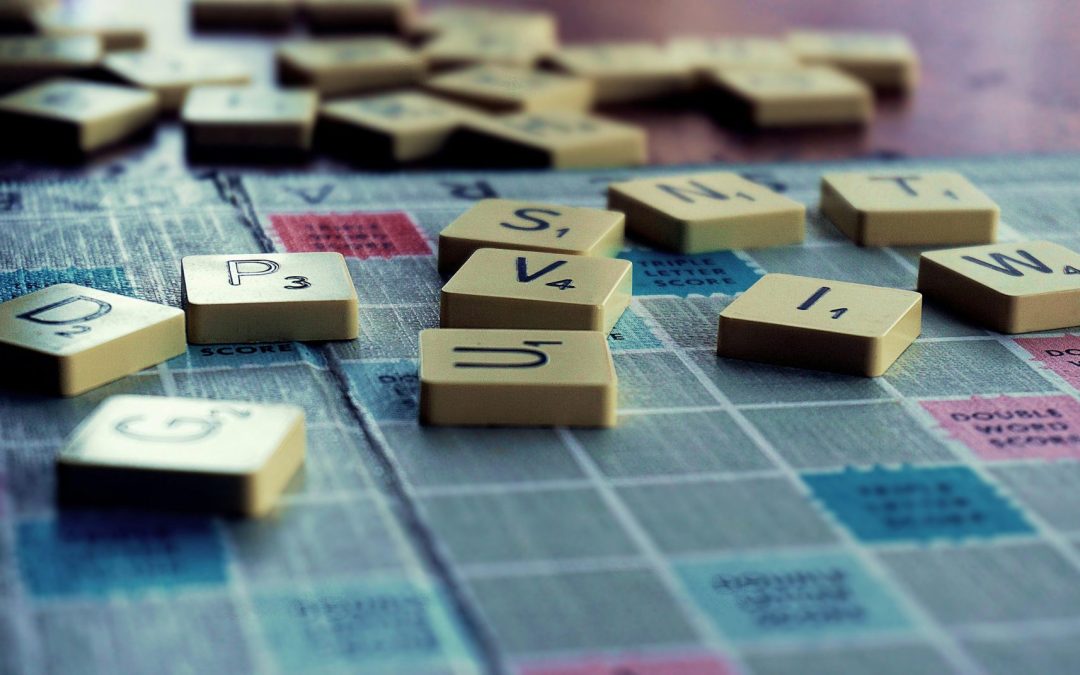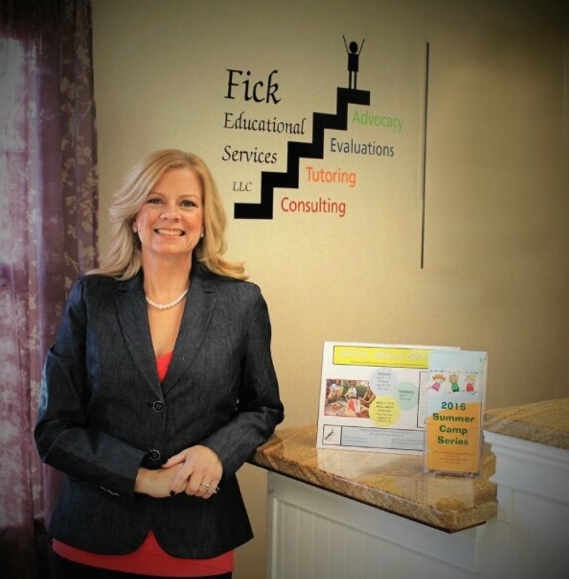Dyslexia is something that affects numerous students, and can make it harder for them to learn. In order to know how to make learning easier for them, it’s important to know what dyslexia is, the signs to look for, and other vital information regarding dyslexia.
Dyslexia is a reading disability that affects one’s ability to identify speech sounds and their ability to decode words. People with dyslexia often reverse letters, like b and d, and tend to read backwards. For those with Dyslexia, the words may seem like they’re moving on the page, and it may feel harder to focus on the words present.
If you feel that your child may have Dyslexia, there are some signs to pay attention to. Your child may have difficulty: pronouncing words, recalling words when speaking, learning letters, noticing sound or letter patterns, and hearing & producing rhyme schemes.
With dyslexia, there are two types of awareness: Phonological and Phonemic. Phonological Awareness refers to the brain’s ability to differentiate between oral language, and Phonemic Awareness deals with sounds and spoken words. Understanding the types of awareness for dyslexia can help one to better understand the disability as a whole.
If you feel that your child may have Dyslexia, it’s important for them to get assessed immediately. Some of the ways that dyslexia is tested is through various diagnostic assessments. These include: spelling, handwriting, phonics, decoding, and listening comprehension. Through assessing these categories in your child, you will have a better understanding of what Dyslexia looks like and how to help your child manage it.
Helping your child with Dyslexia starts with understanding it. Having your child assessed through their handwriting and ability to decode is a great first step. From there, it’s important to remain patient with your child and understand that it’s going to be a difficult process. Reading in and of itself is a hard concept for most students, and for those with Dyslexia is becomes even harder. Knowing how to help your child with their reading and decoding will help make the reading process easier, and make them feel supported!
Photo by Suzy Hazelwood: https://www.pexels.com/photo/scrabble-board-game-on-shallow-focus-lens-1153929/

 Fick Educational Services is devoted to the educational needs of the children through individualized learning plans, tutoring and advocacy.
Fick Educational Services is devoted to the educational needs of the children through individualized learning plans, tutoring and advocacy.

